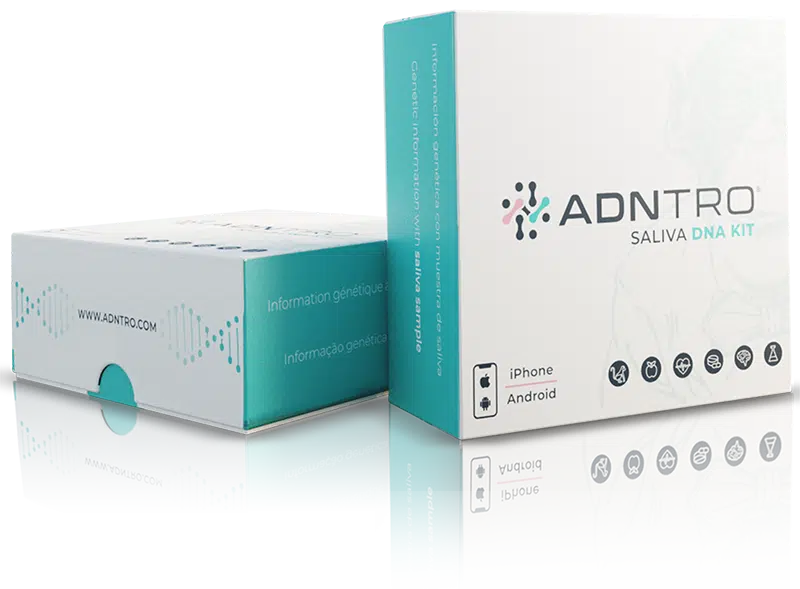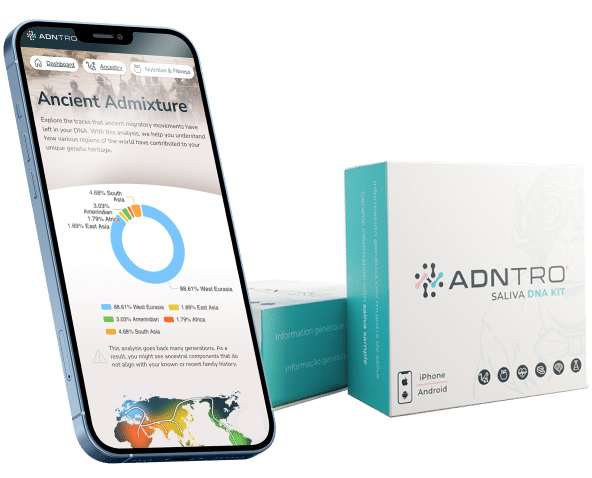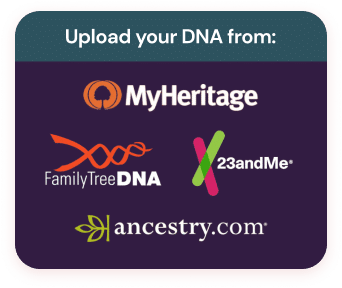Breast cancer represents the most important neoplasm in women, accounting for up to 15% of global cancer deaths [Globocan, 2018] and Figure 1. Molecular studies have allowed advances in the knowledge of how the development of this neoplasm works and the contribution of genetic mutations in the aggressiveness, severity and progression of breast cancer. Although the three best known genes with the highest frequency of mutations in hereditary breast cancer are BRCA1, BRCA2 and PALB2, more genes and/or genetic variants have recently been identified that could contribute to understanding the progression of the disease.
Distribution of cases and deaths of the most common cancers in 2020.

Figure 1. Distribution of cases and deaths for the 10 most common cancers in 2020 for (A) Both Sexes, (B) Men, and (C) Women. For each sex, the area of the pie chart reflects the proportion of the total number of cases or deaths; nonmelanoma skin cancers (excluding basal cell carcinoma for incidence) are in2cluded in the “other” category. Source: GLOBOCAN 2020.
Consequences of PIK3CA mutations in tumours.
As a result of this work, researchers at Imperial College London [Madsen et al., Plos Genetics, 2021], have correlated the severity and aggressiveness of these tumors with the expression and presence of mutations in the PIK3CA gene. This gene participates in a biological pathway called PI3K-AKT, widely known for its importance in the maintenance and progression of the cell cycle in cells. Thus, they have seen how those tumors that present a higher expression of the PI3K pathway, mediated by activating (or gain-of-function) mutations in the PIK3CA gene, will be associated with more aggressive profiles of these tumors, allowing a stratification of patients, compared to those tumors that do not present alterations in the PIK3CA gene.
These studies provide new information and evidence of the importance of the combination of genetic and transcriptomic combination with the clinical and evolution profiles of patients with breast cancer. This is of broad relevance, given that selective inhibitors of the PI3K pathway have recently been approved for use in breast cancer patients with mutations in the PIK3CA gene.
This is yet another example that provides evidence of the importance of genomic medicine applied to personalized diagnosis and treatment, in this case, in patients with neoplasms, as in the case of breast cancer.
Polygenic Risk Scores, use in breast cancer research.
It must be remembered that, in addition, more and more studies that provide information on how to estimate the risk of breast cancer in the general population, in people with greater family risk or in relatives, Through the use of what is known as PRS ("Polygenic Risk Scores"which is no more and no less than the combination of several SNPsThe risk is weighted according to the protective or risk effect of these SNPs as a whole, a method that we use in our studies. DNA TEST of ADNTRO. In one of the most relevant studies, it has been seen that individuals who have some variants that confer a higher risk of developing breast cancer, and that, in addition, those who have been diagnosed with breast cancer, and who also have a high PRS, have a higher risk of developing a contralateral breast cancer, and this may have importance in the diagnosis and follow-up of at-risk relatives [Mars et al., Nature Communications, 2020].














